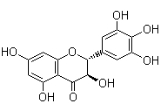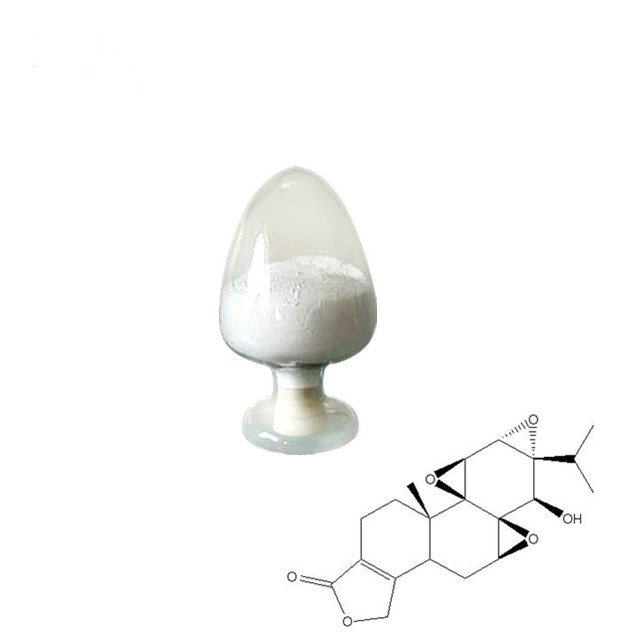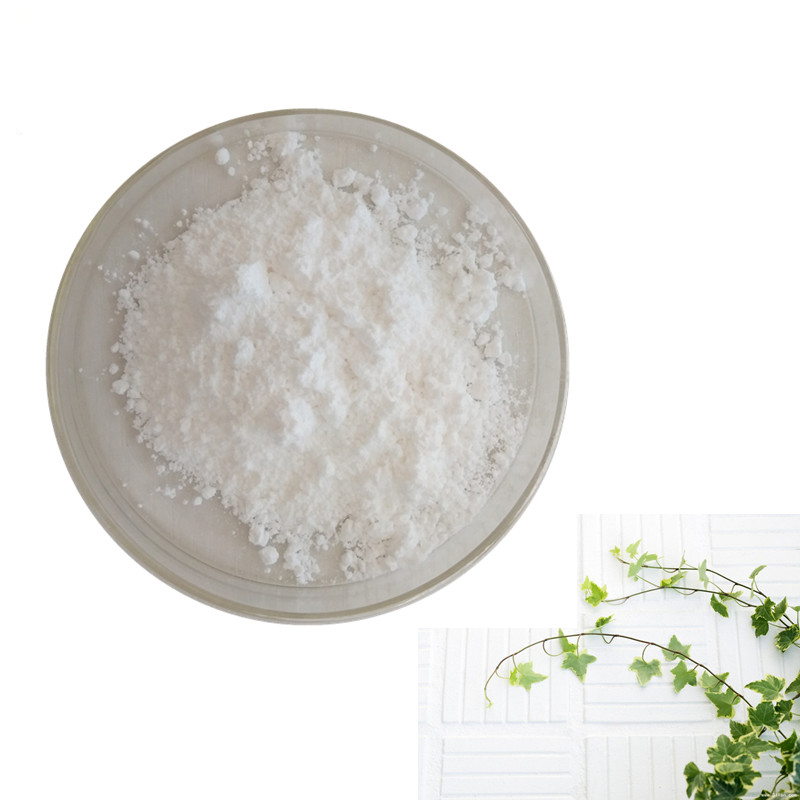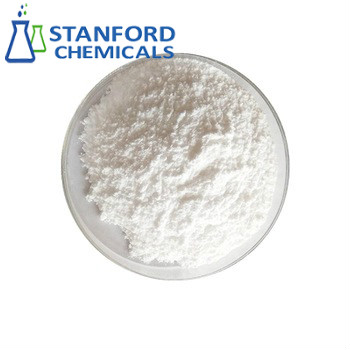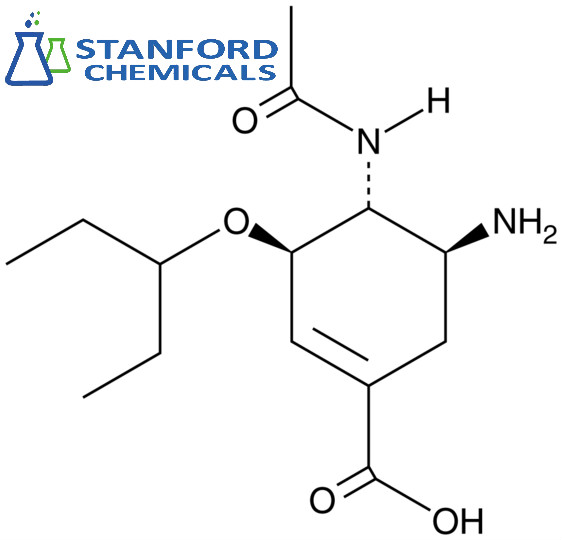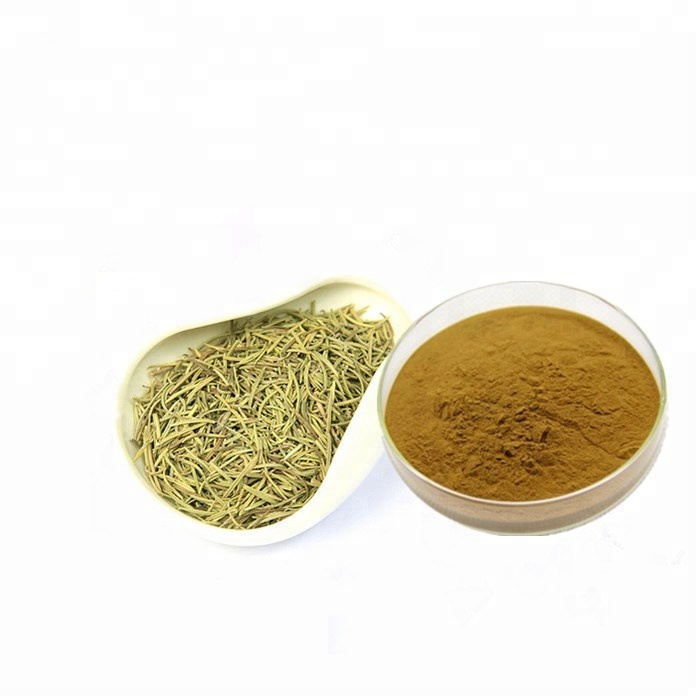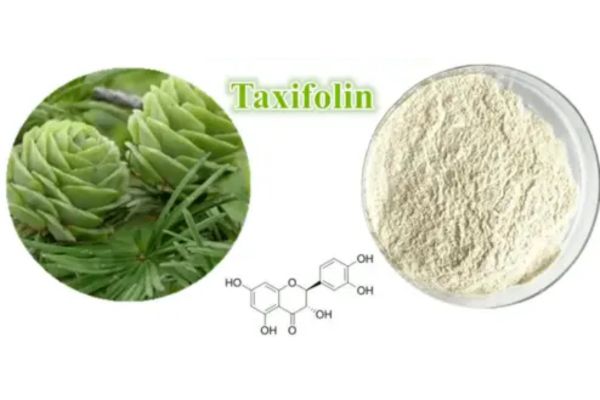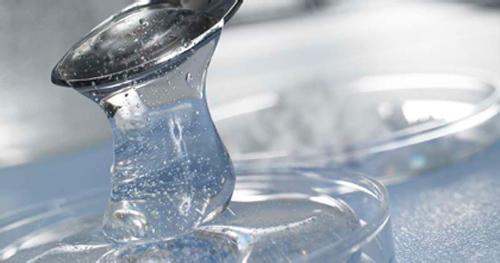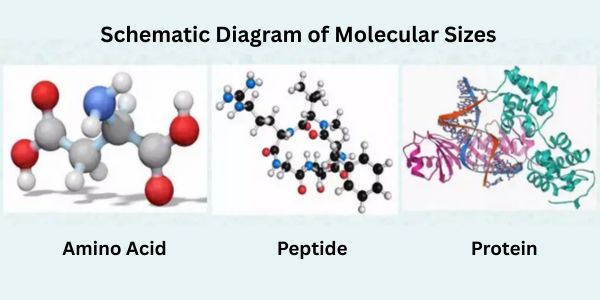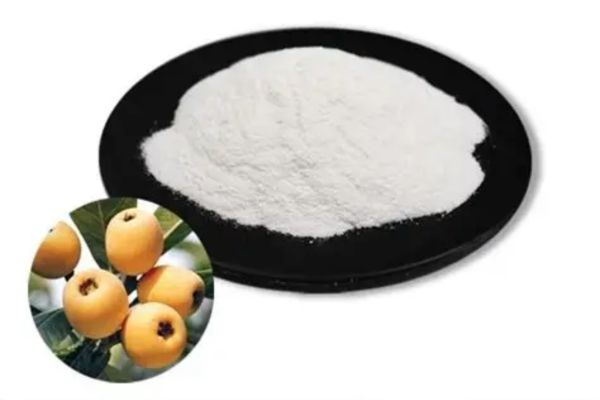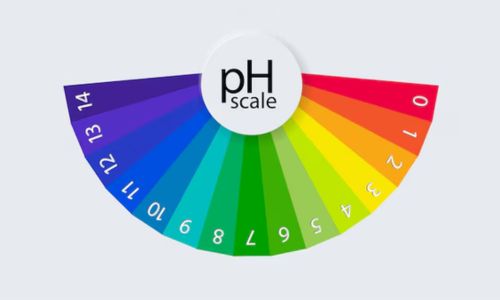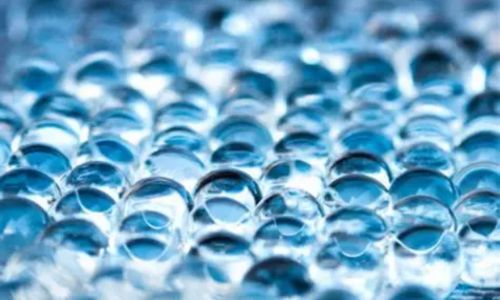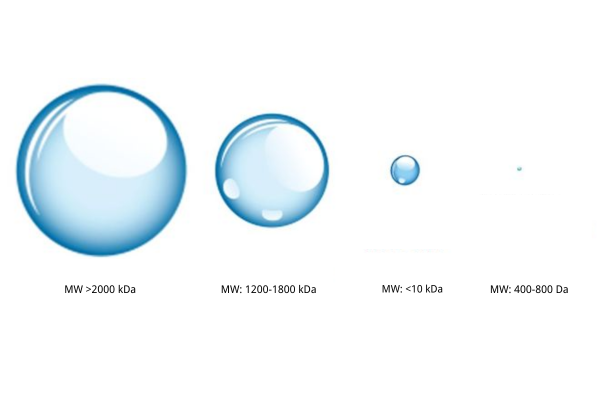What Is Sodium Hyaluronate Powder?
Sodium hyaluronate is a chemical compound made from hyaluronic acid. As the name suggests, sodium hyaluronate is a salt of hyaluronic acid. This is just one of two known hyaluronate salts, as hyaluronic acid has two salts: potassium hyaluronate and sodium hyaluronate. Hyaluronic acid is a naturally occurring acid. The body produces it in copious amounts in areas like the joints, the eyes, and the skin. Hyaluronic acid aids the lubrication of tissues. It can absorb and retain water levels up to 1000 times greater than its weight.
Sodium hyaluronate is synthesized from hyaluronic acid and has similar capabilities. Sodium hyaluronate can absorb and retain water far above its weight. It has a smaller molecular structure than hyaluronic acid. It is, therefore, more stable than hyaluronic acid. It also has a more excellent oxidation resistance. Hyaluronic acid and sodium hyaluronate are suitable in skincare products due to their moisturizing abilities. They also aid the skin in looking plumpy, supple, and fresh.
Differences Between Hyaluronic Acid and Sodium Hyaluronate
Hyaluronic acid is the naturally occurring material from which sodium hyaluronate is extracted. Many products which contain sodium hyaluronate have hyaluronic acid written on their label. This is a common mistake due to the similar nature of both substances. However, there are significant differences between them. Hyaluronic acid is naturally occurring, while sodium hyaluronate is synthesized from hyaluronic acid. Due to this, sodium hyaluronate is more stable than hyaluronic acid. Hyaluronic acid is also a macromolecule. Its large molecules hydrate the skin by forming a coat that prevents water loss. On the other hand, sodium hyaluronate has smaller molecules than hyaluronic acid. Therefore, its molecules can penetrate the epidermis and provide moisturization from within.
Sodium Hyaluronate's Uses in Skin Care Products
We use sodium hyaluronate in a wide range of skin care products for various reasons. It is most commonly used as an ingredient in moisturizers due to its ability to retain large amounts of water. Sodium hyaluronate is also sold alone as sodium hyaluronate powder. The powder can be mixed with water and applied to the skin alone or with other moisturizing products. Sodium hyaluronate powder is beneficial for people who have dry skin. It acts as a lubricant by absorbing the water from the surroundings while preventing excessive loss of water from the skin. Dry skin is a problem that typically becomes more pronounced as a person gets older. This is because the body no longer produces hyaluronic acid as it once did when younger. This leads to dryness of the skin and joint pain due to the dryness. Sodium hyaluronate powder can help lubricate the skin and joints without the usual levels of hyaluronic acid. Due to its ability to absorb water, the application of sodium hyaluronate causes slight swelling of the skin. This swelling makes the skin look lush and supple as an individual gets older. Apart from moisturizing the skin and lubricating the joints, sodium hyaluronate also has other uses in skincare products, some of which include:
- Makes Wrinkles Less Visible: Sodium hyaluronate powder moisturizes and reduces the visibility of wrinkles when applied to the skin. Wrinkles are usually pronounced when the skin is dry, so moisturizing makes them less visible.
- Helps Stop Skin Inflammation: When applied to the skin, sodium hyaluronate can help in stopping skin inflammation. Using sodium hyaluronate powder on the skin aids in the production of a chemical (beta-defensin 2) that aids in the healing of sore tissues.
Medical Uses of Sodium Hyaluronate
Other than its numerous uses in the skincare industry, Sodium Hyaluronate also has a lot of medical applications. It is used in the treatment of osteoarthritis in the knee. Osteoarthritis sets in when the joints in the knee are no longer adequately lubricated because the levels of hyaluronic acid being produced are not enough. This leads to stiffness in the knee and pains, especially when walking. Shots of sodium hyaluronate as prescribed by the doctor help lubricate the knee. Sodium hyaluronate is also used by doctors while performing surgery on the eye. It is mainly used to protect the cornea during surgical procedures on the eye. Reports show that it has no side effects and that operations carried out with sodium hyaluronate yield better results than those performed without it. It is also used to treat dry eye and rhinitis conditions. Rhinitis occurs when there is inflammation in the nose.
Side Effects
Sodium Hyaluronate has no known side effects. It is safe, especially when used according to a doctor's prescription. However, some people might have allergic reactions to one or more components. If you notice your skin reacting as you apply sodium hyaluronate, you should stop immediately and see a doctor.
Sodium Hyaluronate Forms
Sodium hyaluronate comes in several forms other than sodium hyaluronate powder. The purpose of use typically determines the method of administering it. Some of the forms include:
- Gel
- Lotion
- Serum
- Face wash
- Eye drops
- Injection
At Stanford Chemicals, we provide cosmetic-grade Sodium Hyaluronate that is used in the manufacture of top-quality skin care products that moisturize dry skin and remove wrinkles. You can contact us now at (949) 812 6690 or (949) 468 0555 to learn more or place an order.


